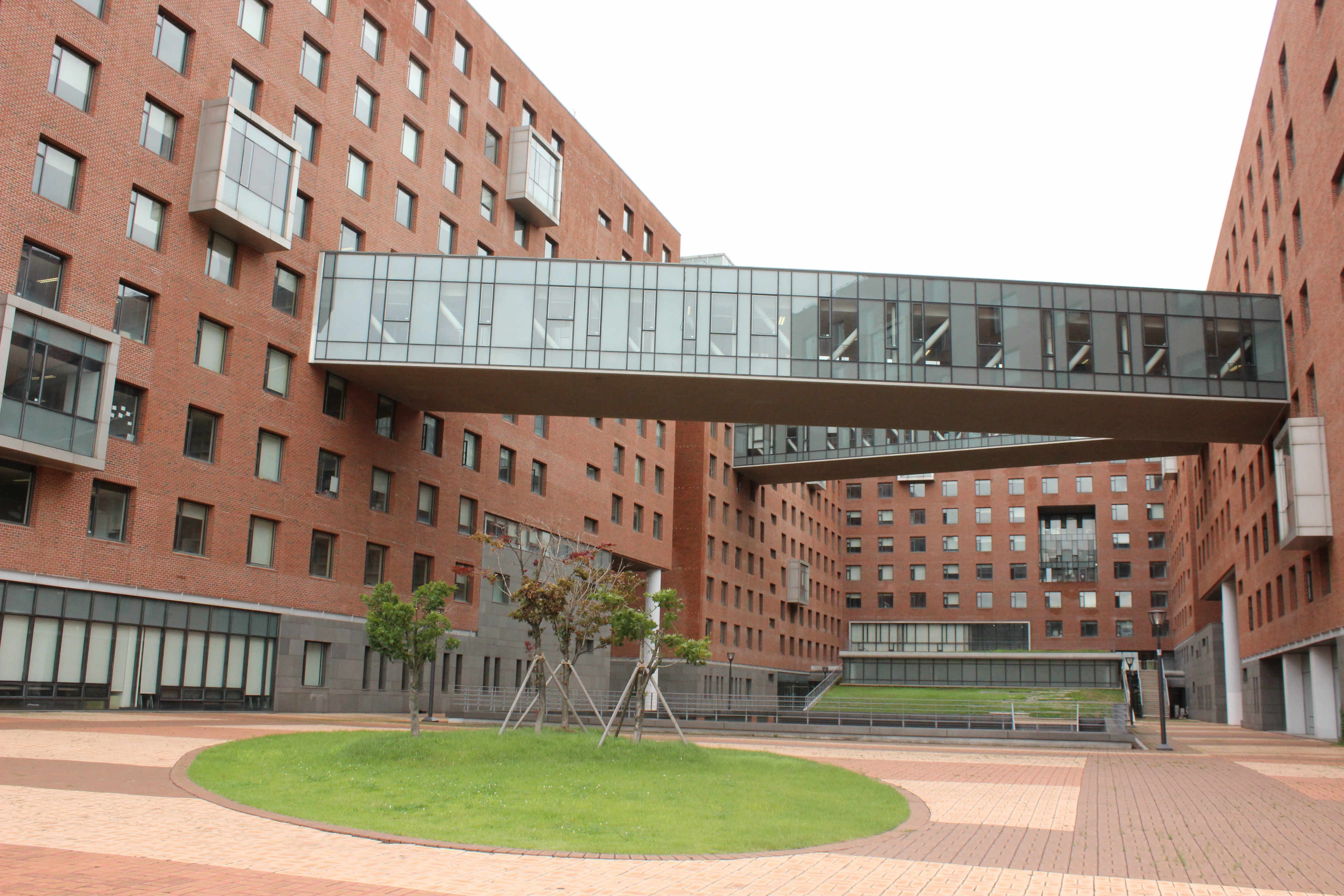Issues surrounding the amendments to the RC rules

THIS YEAR, the Residential College (RC) Board of Education Committee pushed ahead amendments to the dormitory regulations without any consultation with the student body. During this process, RC students were not only deprived of the opportunity to express their opinions on the change, but also not officially informed of the reasons why such revisions were made. This one-way communication between the RC Board of Education Committee and the students is a serious problem as it silences the voice of the student body.
For the year of 2017, the RC Board of Education Committee has made the following five major amendments to the RC:
a Penalty for the opposite sex entering and existing the rooms: from 10 penalty points to 15 penalty points
b Penalty for not complying to the request for a room inspection by complaint: from 5 penalty points to 15 penalty points
c Penalty for the violation of the use of public space: from 1 penalty point to 5 penalty points
d From receiving no penalties when traveling between dormitories during curfew hours to receiving penalty points when traveling between dormitories during curfew hours
e From not having a curfew during exam periods to maintaining a curfew during exam periods
These newly-amended rules, claimed to be effective in promoting a healthier residential lifestyle for the students, were enforced without prior student consultation. Some students criticize that the administration should have held a hearing or organized a discussion panel before finalizing its decision.
There are several factors that contribute to such clear lack of communication. “I think not having a General Student Council this year played a huge role in the problem,” says Hong Young-Wu, the ex-president of RC *Dashimutgi*, a voluntary student association organized to express the voice of the students on the Songdo campus.
The General Student Council is the official organization that delivers complaints to the administration on the student body’s behalf. In its most recent election—the 54th General Student Council by-election in April 2017—Yonsei University failed to produce a General Student Council due to poor voter turnout. The subsequent absence of the highest representative organ of the student body consequently led to the loss of communication between the administration and the students of Yonsei.
Hence, this made it possible for the administration to single-handedly proceed with the amendment without further discussing the matter with the students. The Committee for Emergency Management and Central Operations was created as an alternative to the General Student Council, but as a temporary organization, it experienced hardship in effectively communicating with the administration concerning this issue.
Nevertheless, such limitation of the committee does not justify the administration’s inability to cooperate with the students. Although the Committee for Emergency Management and Central Operations is not equivalent to the General Student Council, it still represents the student body. The administration could have shown efforts to restore communication with the students by gaining the students’ opinions on the matter through the committee. Instead, the administration has failed to do so, and chose to exclude students from the decision-making process.
However, this is not the only cause behind the problematic one-way communication. The unfortunate reality is that many students in Songdo have a mindset of, “oh, I will just bare through a year,” rather than one that urges them to actively tackle the system. Hong states how “we [the members of RC *Dashimutgi*] wanted the freshmen to recognize the necessity of their own student council, and hoped for such organization to emerge in the future.”
A considerable number of students enter the RC program in Songdo as freshmen, and many do not know how to respond to the system: some even fail to see how the rules are implemented. Nonetheless, even these students are certainly discontent about the recent amendments enforced upon by the administration. From this stage on, it is important for the students to acknowledge the gravity of the issue, and beyond that, to bring their discontent into action.
In the past, there was an association called the “International Campus Student Representatives Committee”, which served as a platform for discussing agendas related to the International Campus. This committee, which was founded in 2015, comprised of representatives from each division and student association of Yonsei University and it has been inactive since 2017.
In response to the issue, Hong states that “we need to reactivate the committee”. Having an official committee that represents the RC students will allow students to directly communicate with the administration concerning matters as such.
On a final note, the problem lies on both sides of the issue. On the one hand, the administration could have openly discussed the amendment with the students through votes or online surveys. On the other hand, students have failed to actively voice their opinions regarding the issue. One thing which remains clear at this point is that the students should no longer remain silent: they should enthusiastically act upon their dissatisfaction. The voice of the students of Yonsei is in urgent need.

